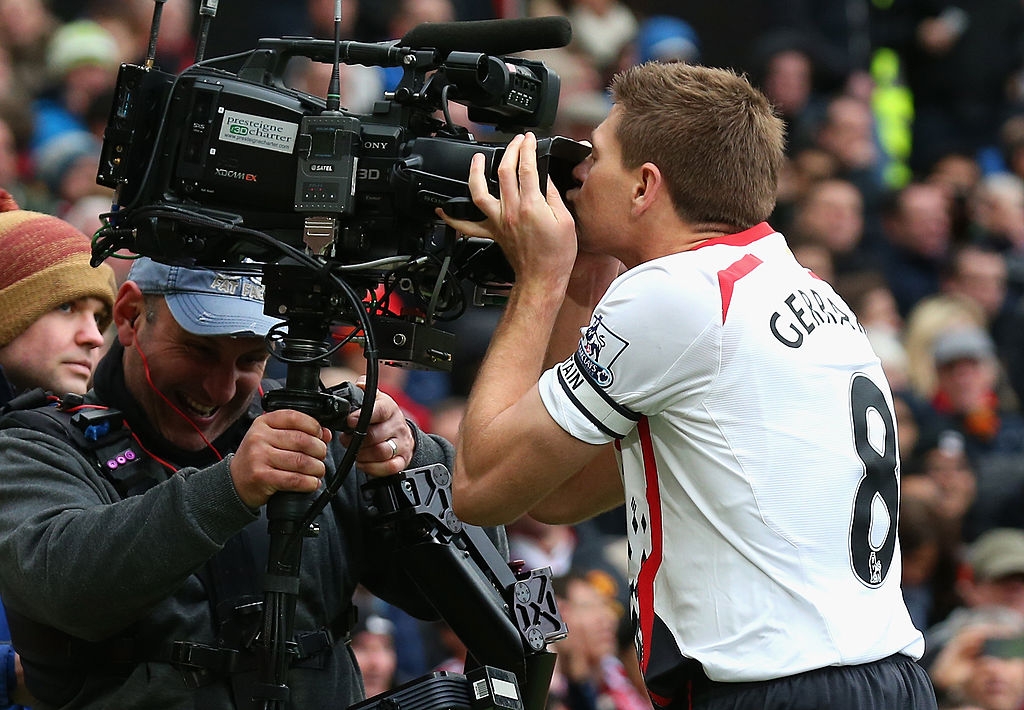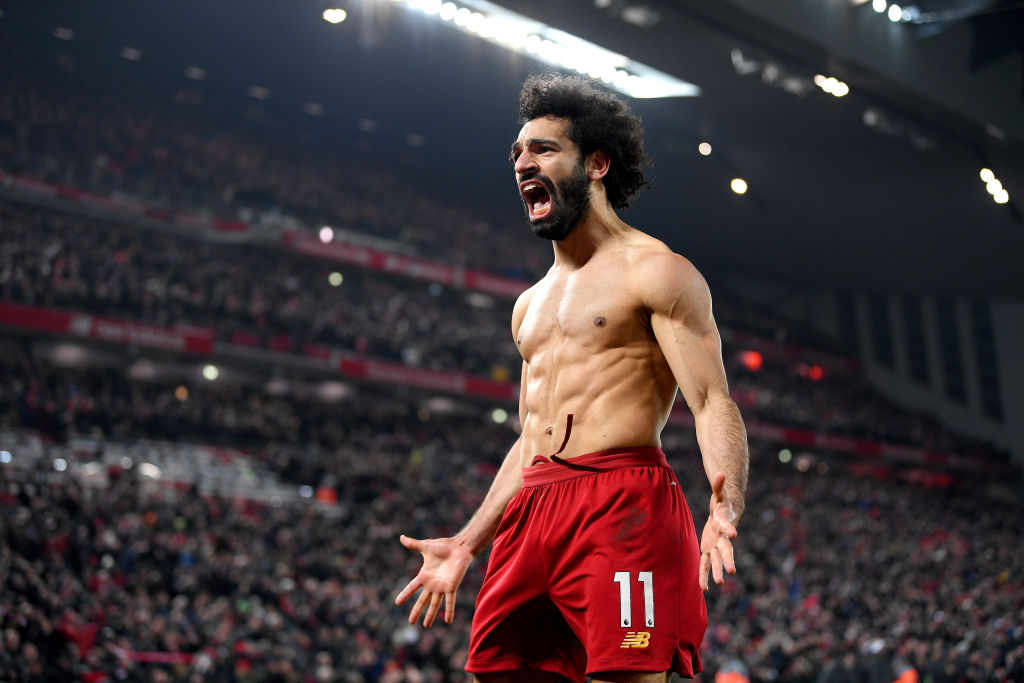Football is an emotional sport, as anyone who has ever had the misfortune of being in Glasgow on derby day will attest. When your team wins, or even just scores a goal, that emotion can be hard to contain. Players, on occasion, have been known to celebrate such occurrences; sometimes they even make physical contact with each other. And why not?
The FA has announced that it will take a dim view such behaviour from now on, after criticism from politicians that some players have reprehensibly been breaching social distancing guidelines that the wider public have to follow. Never mind that these players, who spend the majority of their time in close proximity to each other anyway, are competing in empty stadia; they not only pose a transmission threat, but are also setting a bad example for the general public. Football may be suspended again unless celebrations are cut out.
Which is just what you want to hear, isn’t it? That a game providing light entertainment for the thoroughly miserable, locked down masses is just too damn upbeat, and must be brought into line lest the positivity ooze through our television screens and gets us worked up. When something as innate to the game as celebrating is being talked about as a public health risk, you begin to wonder whether there is any point having football at all.
When something as innate to the game as celebrating is being talked about as a public health risk, you begin to wonder whether there is any point having football at all
It’s the physical aspects of the game that lend football its appeal. It’s the crowds — be it 40,000 Scousers chanting at some poor unfortunate who’s just fallen in the mud, or a handful of overcommitted chaps trying to recreate the bombing of Dresden with their flares. It’s the gossip: who will United sign to replace the donkey at left back? Will Jose last to the end of the season?
Among all this, the celebration is central: why chase victory if the elation is not allowed to burst forth? The moment after the leather touches the net, the suspense of held breath, the crackle of anticipation, is shattered by pandemonium. The manager leaps into the arms of his assistant. Grown men weep.
Football is more than a sport; it’s national entertainment. Players’ celebrations are an essential part of the magic; it’s the moment in the game where the players and the spectators are most at one. Would the world remember Marco Tardelli’s World Cup final goal for Italy without the famous run, face stretched in disbelief, that followed it? Emmanuel Adebayor’s long slide in front of some furious Arsenal fans is better remembered than any goal he scored. One of the best images of Steven Gerrard is him kissing the camera at Old Trafford. Cantona’s bemusement at scoring a sublime goal against Sunderland in 1996 made for an iconic riposte to his infamous kung fu kick disgrace. And Mario Balotelli’s ‘Why Always Me?’ T-shirt in the middle of a Manchester derby cemented his legacy in football folklore.

Celebrations don’t even need to be elaborate to be important – no summersaults, knee slides or Full Monty tributes. Mostly, the boys on the pitch huddle and hug it out. Sometimes, it’s just a few high fives – outside, in the open air, in front of empty stands. It’s the least dangerous thing one can imagine. And the most human.
The pandemic has changed football, and not always for the better. Leeds got promoted. Arsenal aren’t getting relegated. Without fans, all the stadiums are eerie and silent, which has given Manchester City an unfair advantage over their rivals as they’re used to it.
Enough joy has been sucked out of proceedings that even perma-grinning Jurgen Klopp has started getting tetchy. Marcus Rashford had to set up a political movement just to keep sane. This shadow of the game so many love is still hanging on, just. Across the football pyramid, clubs with little cash to begin with survive grimly, whilst the elite glance nervously at the vast debts many have accrued, and sweat. But, it lives. That surely, is cause for some celebration? Not in Covid Britain — celebration is against the rules.






Comments